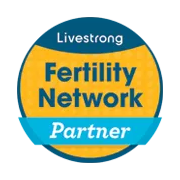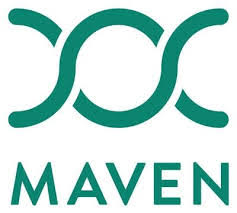For a woman to be fertile, her body must produce healthy egg cells that can be transported to a meeting place with sperm cells, and from there to a well-prepared uterus.
Age and Fertility- In the case of female infertility one of the first things we consider is a patient’s age. More women are choosing to delay childbearing until their late 30s and early 40s. Studies have demonstrated that almost half of women older than 40 will experience infertility. The decline in fertility potential or 'ovarian reserve' means that not only do the ovaries have fewer eggs to offer, but the eggs they have are of poorer quality. Naturally-occurring fertility levels decrease with advancing age, so prompt evaluation and aggressive treatment are important considerations for these women.
Problems with any of the following can diminish a woman's fertility:
Fallopian Tube Damage or Blockage
Polycystic Ovarian Syndrome (PCOS)









